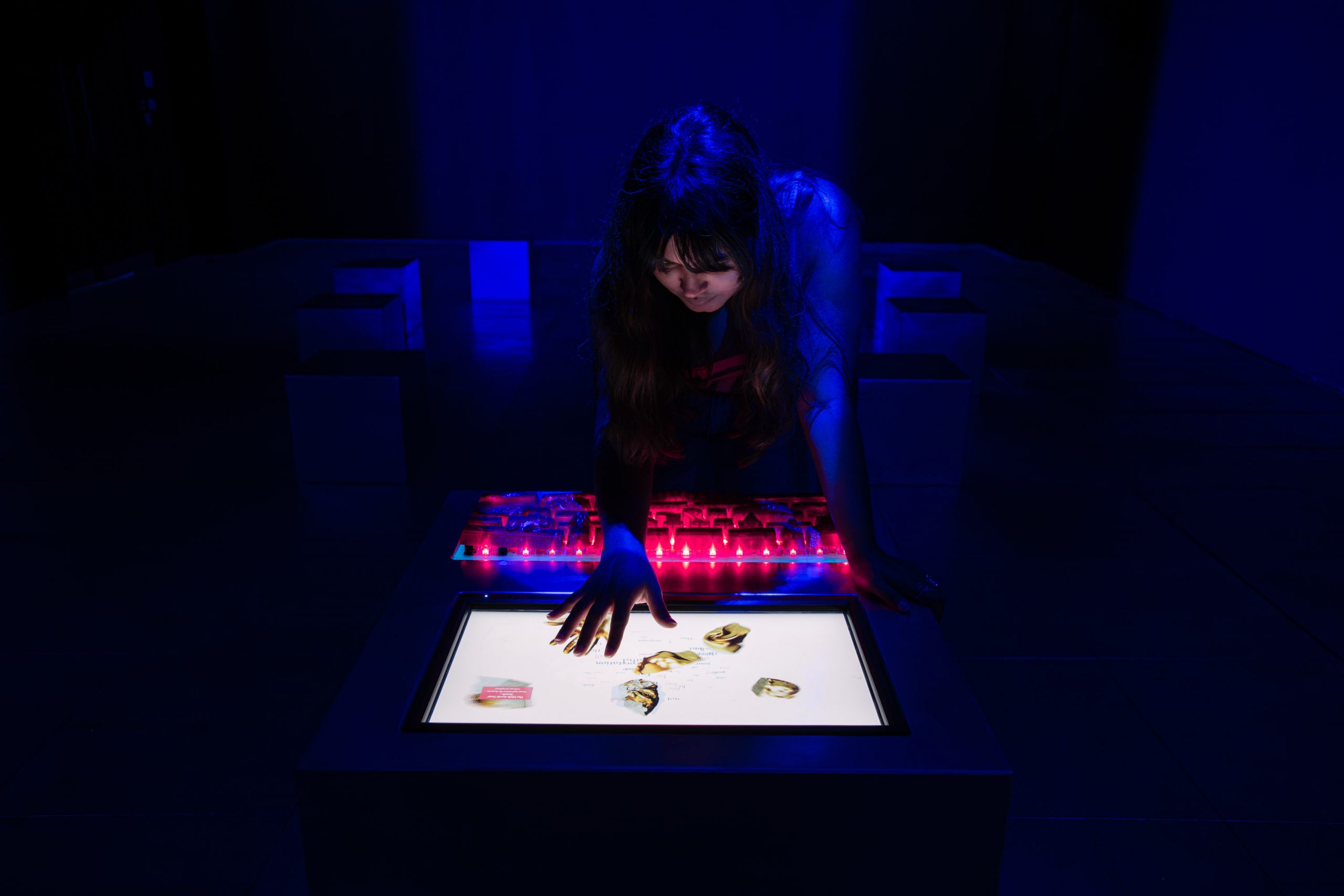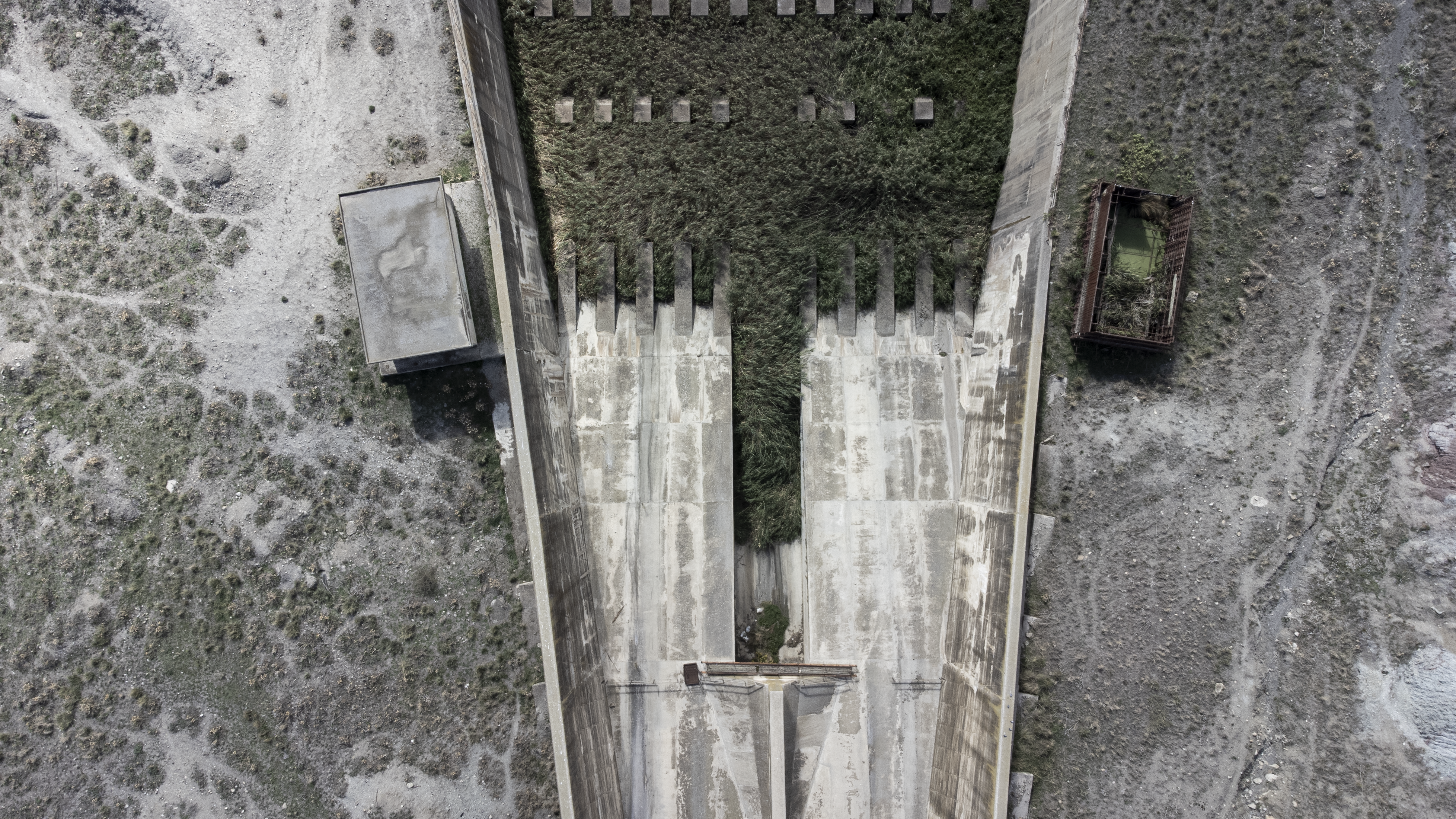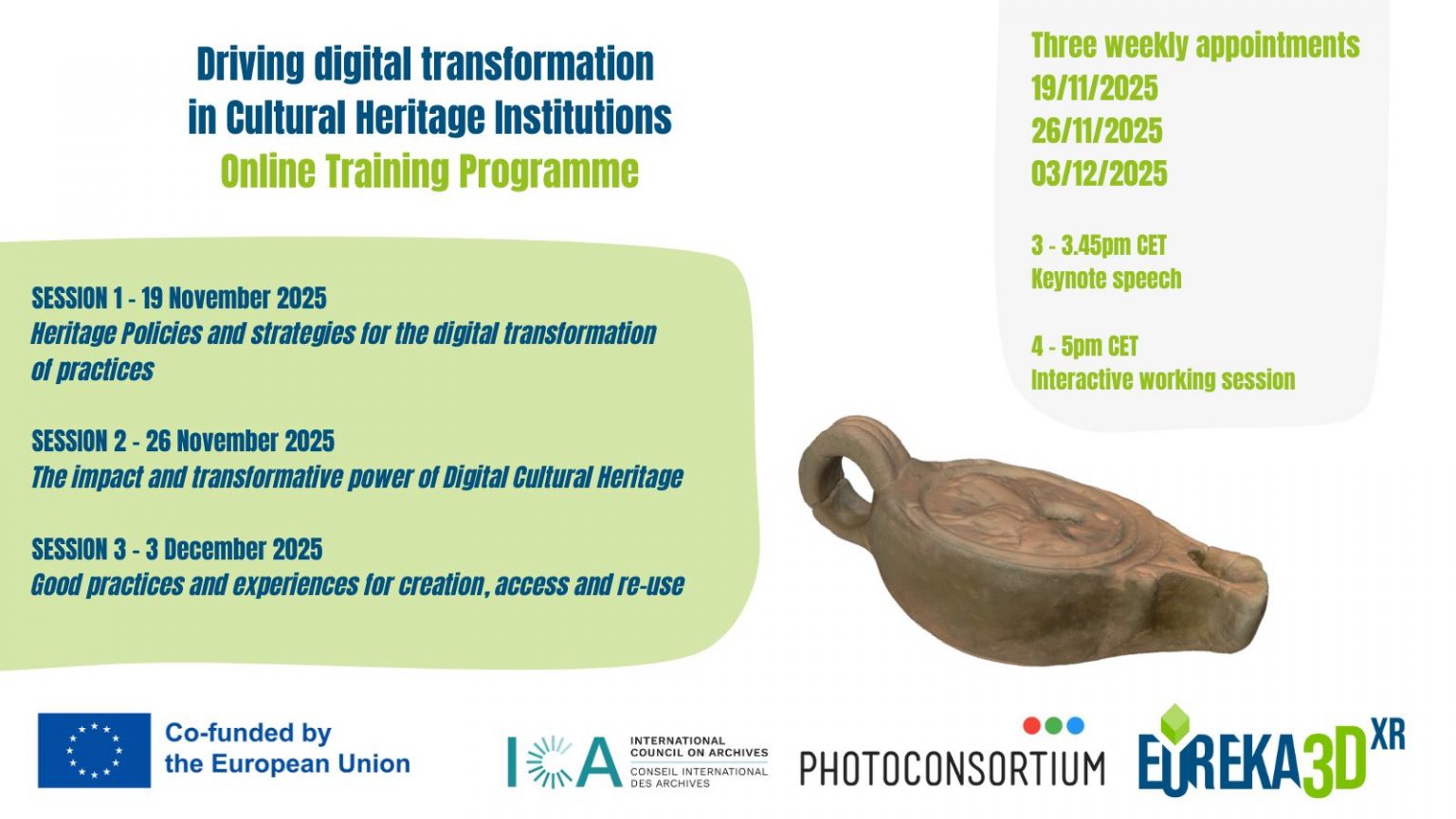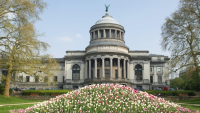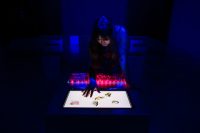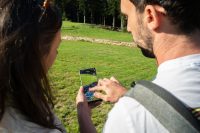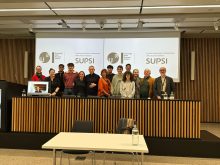The European Heritage Awards / Europa Nostra, funded by the Creative Europe programme of the European Union, promote best practices related to heritage conservation, research, management, education and communication. They contribute to a stronger public recognition of value of cultural heritage for Europe’s society, economy and environment.
Specialist juries assess the projects and select the winners in four categories: conservation, research, dedicated service by individuals or organisations, education training and awareness-raising.
The last 7th May, European Heritage Awards / Europa Nostra announced the winners of the 2020 edition: 21 exemplary achievement from 15 countries.
We are very pleased to announce that Uccu Roma Informal Educational Foundation, partner in the REACH Minority Heritage Pilot, is one of the winner in the category “Education Training and Awareness-Raising”.
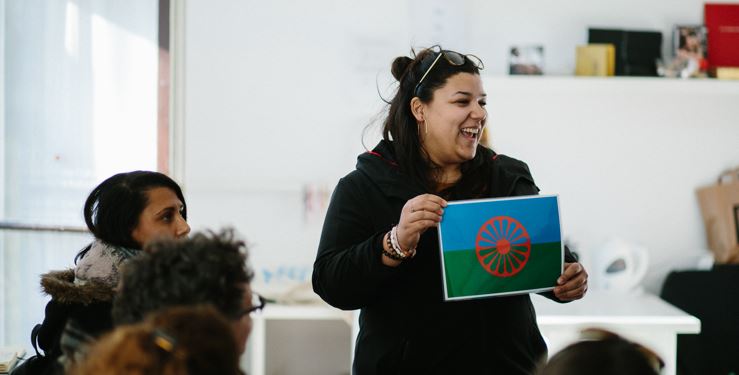
The Foundation was established in 2010; the aim was to create a platform for the meeting and dialogue between young Roma and non-Roma to reduce stereotypes, prejudices and intolerance against Roma through the fostering of interaction and the sharing of Roma culture and history.
It organizes several educational workshops in Hungary, where Roma is the largest minority group, in particular in Budapest, Pécs, Miskolc and Ózd.
The walking tours that takes place in the 8th district of Budapest and in the city of Pécs are the most successful activities promoted by the Foundation; they are led by Roma youngsters who contribute, with their own experiences, to the discovery of the districts and their link to the cultural heritage of Roma.
The programme means to provide young Roma people with useful work experience and encourages them to feel proud of their heritage.
One of the most important long-term impacts of the initiative has been the personal development of the young Roma volunteers: they are trained by the Foundation’s staff to moderate and facilitate workshops in primary and secondary schools throughout the country. In these meetings they introduce young people to Roma culture, through history, art and heritage and encourage an open intercultural dialogue between the participants.
The jury stressed that:
“This grassroots initiative empowers Roma people and addresses intolerance and social exclusion through the fostering of interaction, dialogue and the sharing of knowledge and understanding of Roma culture. The programme of the Uccu Roma Informal Educational Foundation encourages personal development and a good quality of life for the construction of a peaceful and democratic community with respect for cultural diversity, according to the principles of the Faro Convention. The programme has succeeded in creating a network of young Roma activists who act as mediators ensuring the agency of the community. The way in which the Uccu Roma Informal Educational Foundation has provided a platform for exchange and dialogue in everyday life is a great example of social innovation in that they have utilised cultural heritage in the construction of a more cohesive society. This is applicable in many other countries where these problems are present“.
Read more: http://www.europeanheritageawards.eu/winners/uccu-roma-informal-educational-foundation/


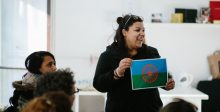
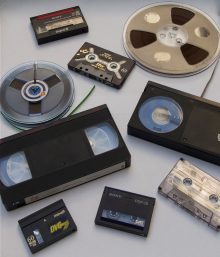
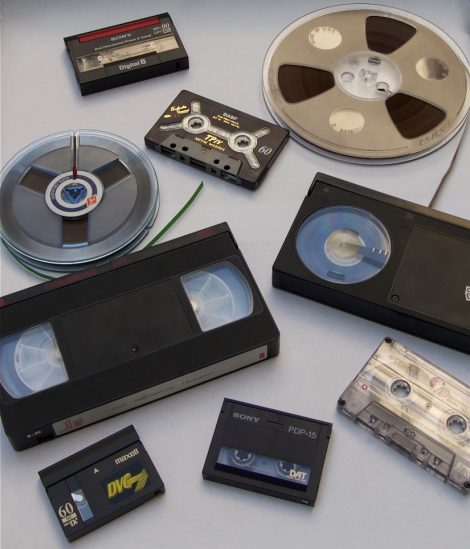 Today’s knowledge of the linguistic and cultural diversity of humanity is widely based on magnetic tape recordings produced over the past 60 years. Magnetic audio and video tape formats are now obsolete. Spare parts supply and service is fading, replay equipment in operable condition is disappearing rapidly, and routine transfer of magnetic tape documents is estimated to end around 2025. The only way to preserve these sounds and images in the long term, and to keep them accessible for future generations, is their digitisation and transfer to safe digital repositories.
Today’s knowledge of the linguistic and cultural diversity of humanity is widely based on magnetic tape recordings produced over the past 60 years. Magnetic audio and video tape formats are now obsolete. Spare parts supply and service is fading, replay equipment in operable condition is disappearing rapidly, and routine transfer of magnetic tape documents is estimated to end around 2025. The only way to preserve these sounds and images in the long term, and to keep them accessible for future generations, is their digitisation and transfer to safe digital repositories.
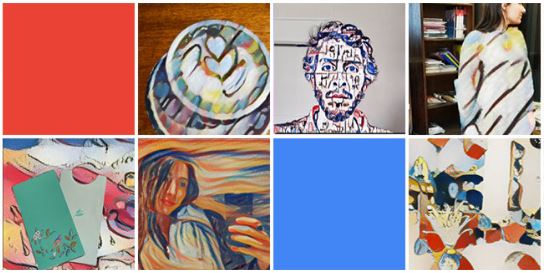 The rapid shuttering of museums due to COVID-19 has had serious consequences; museums, to stay connected with audiences when they can’t physically visit collections, found new and unusual ways to bring together their public. So they have entered in the houses of thousands people making available their cultural collections on-line.
The rapid shuttering of museums due to COVID-19 has had serious consequences; museums, to stay connected with audiences when they can’t physically visit collections, found new and unusual ways to bring together their public. So they have entered in the houses of thousands people making available their cultural collections on-line.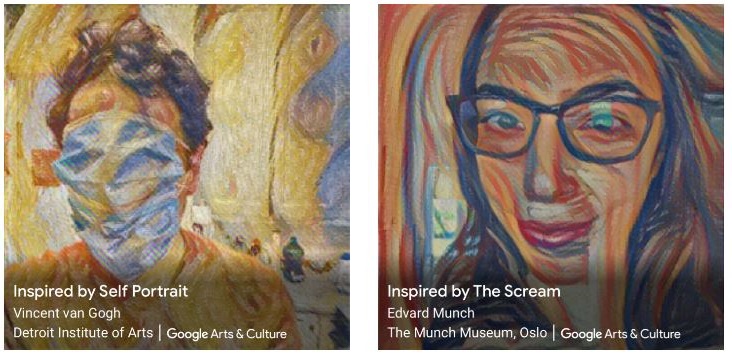

 The young project, started this May 2020, will complement the ESPON Targeted Analysis of 2019: “The Material Cultural Heritage as a Strategic Territorial Development Resource: Mapping Impacts Through a Set of Common European Socio-economic Indicators” (
The young project, started this May 2020, will complement the ESPON Targeted Analysis of 2019: “The Material Cultural Heritage as a Strategic Territorial Development Resource: Mapping Impacts Through a Set of Common European Socio-economic Indicators” ( The conference is organised under the patronage of Burgas Municipality and aims at presenting innovative results, research projects and applications in the field of digitisation, documentation, archiving, representation and preservation of global and national tangible and intangible cultural and scientific heritage. The main focus is to provide open access to digitised cultural heritage and to set up sustainable policies for its continuous digital preservation and conservation. Representatives of a number of public and specialised libraries, museums, galleries, archives, centres, both national and foreign research institutions and universities will be invited to participate and exchange experiences, ideas, knowledge and best practices of the field.
The conference is organised under the patronage of Burgas Municipality and aims at presenting innovative results, research projects and applications in the field of digitisation, documentation, archiving, representation and preservation of global and national tangible and intangible cultural and scientific heritage. The main focus is to provide open access to digitised cultural heritage and to set up sustainable policies for its continuous digital preservation and conservation. Representatives of a number of public and specialised libraries, museums, galleries, archives, centres, both national and foreign research institutions and universities will be invited to participate and exchange experiences, ideas, knowledge and best practices of the field.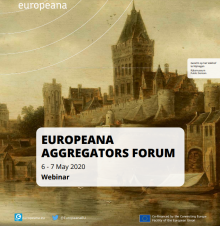
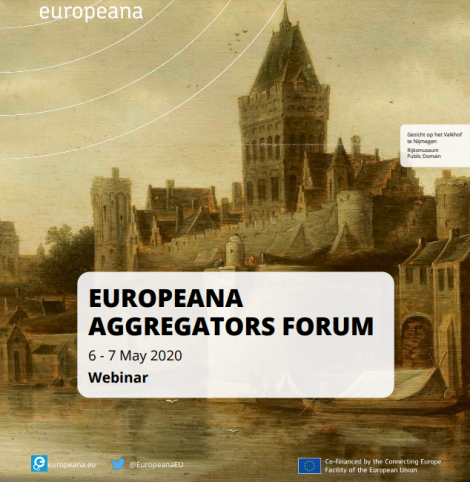 The Europeana Aggregators Forum is the gathering where twice a year the community of Europeana most trusted partners meets to review strategies and collaborations, and make plans for the future. All the aggregators work with cultural heritage institutions to gather authentic, trustworthy and robust cultural data and make it accessible through Europeana. Through the Europeana Aggregators Forum, aggregators work to exchange the knowledge and best practice that support the digital transformation of cultural heritage institutions.
The Europeana Aggregators Forum is the gathering where twice a year the community of Europeana most trusted partners meets to review strategies and collaborations, and make plans for the future. All the aggregators work with cultural heritage institutions to gather authentic, trustworthy and robust cultural data and make it accessible through Europeana. Through the Europeana Aggregators Forum, aggregators work to exchange the knowledge and best practice that support the digital transformation of cultural heritage institutions.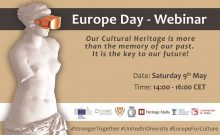
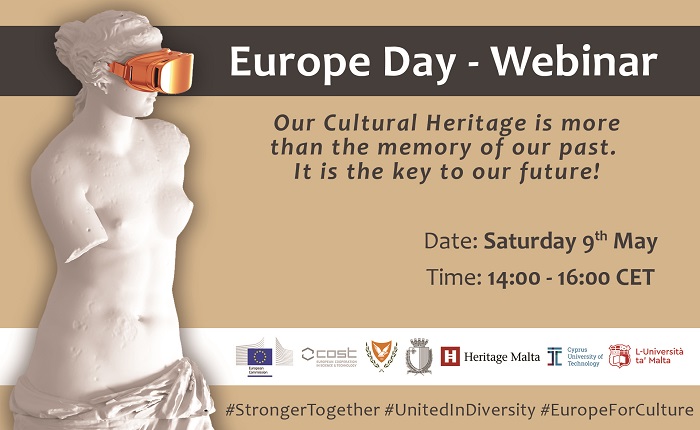 To commemorate this year’s
To commemorate this year’s 